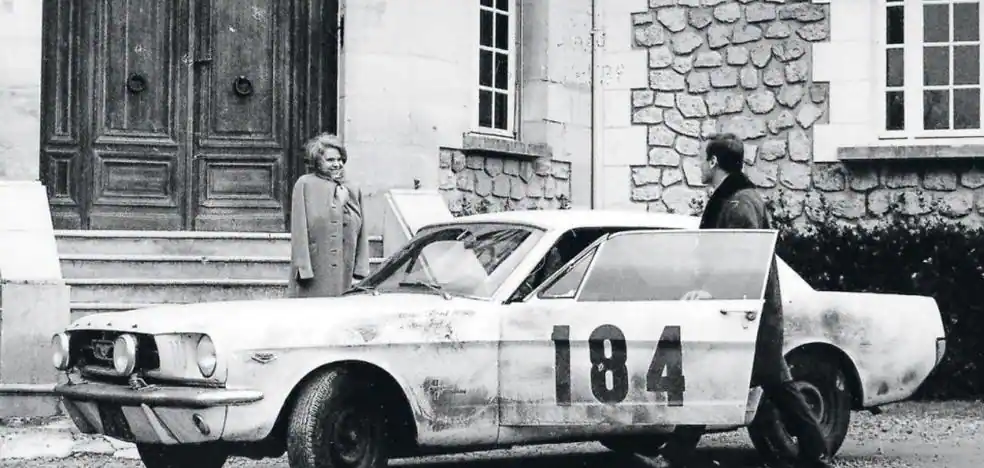With 339 votes in favour, 249 against and 24 abstentions, the European Union plenary on Wednesday approved the ban on the sale of combustion vehicles from 2035, which in practice means the end of diesel and petrol vehicles, as well as bio- and synthetic vehicles. fuels. It is one of the measures submitted for debate and plenary approval by the Environment Committee and one of the key elements of the decarbonisation policy to achieve climate neutrality by 2050.
In this way, for new cars and vans, an emission reduction of 65% is set by 2030 (currently set at 37.5% and 31% compared to 2019) compared to this year’s level, and 100% by 2035, which is the would mean the end of the era of combustion engine cars. In 2020, the EU has already raised its emissions reduction targets and is aiming for carbon neutrality by 2050. And now it wants to propose new regulations to achieve that target.
MEPs have voted to require car manufacturers to reduce their average fleet emissions by 15% by 2025 compared to 2021, by 55% by 2030 and by 100% by 2035.
Citizens MEP Susana Solís, member of the Industry and Environment Committees of the European Parliament, explained to ABC that the result of the vote is extremely positive, as the package of amendments put to the vote decided “no new commitments in the very short term (such as the additional 5% increase in the 2025 targets) and provide legal certainty and flexibility to industry, which already has to make a formidable transformation effort to reach the ultimate goal of 100% reduction of CO2 emissions by 2035 » .
As Solís told this newspaper, “We can be satisfied after many months of work. In today’s vote, we have managed to avoid the imposition of stricter interim targets that could have stifles Spanish industry by switching to the electric car.” to accelerate abruptly. The Commission’s proposal, ambitious enough, was adopted by the camera today».
The MEP believes that this approval has given flexibility to light van manufacturers “something crucial for Spain as we are the first producer of this type of vehicle in Europe”.
Also in 2027, a revision of the Regulation will be carried out “to ensure that we are technologically capable of meeting the targets. Now the industry has a strong signal to plan its investments with a clear and stable legal framework.”
Susana Solís understands that “this law cannot be understood in isolation: it must be linked to the charging infrastructure regulation we are working on, to ensure that there are ambitious targets that oblige each Member State to install enough public charging points. If the electric car remains a luxury commodity and citizens cannot charge it comfortably, we will not be able to meet the decarbonisation targets.
The Transport & Environment (T&E) organization has also expressed their satisfaction after the approval of this series of measures. According to Alex Keynes, clean vehicles manager at T&E, “Having a deadline means the last combustion engine vehicles will be sold by 2035, giving us a fighting chance to prevent runaway climate change.” Phasing out internal combustion engines is also for environmentalists “an historic opportunity to end our dependence on oil and protect us from despots.” Finally, they confirm from T&E that the measures adopted today by the European Union “provide assurance that the auto industry needs to increase production of electric vehicles, which will lower prices for drivers.”
Source: La Verdad
I am Ida Scott, a journalist and content author with a passion for uncovering the truth. I have been writing professionally for Today Times Live since 2020 and specialize in political news. My career began when I was just 17; I had already developed a knack for research and an eye for detail which made me stand out from my peers.



